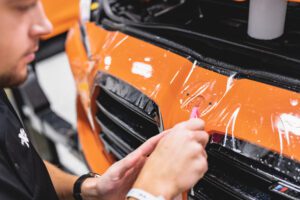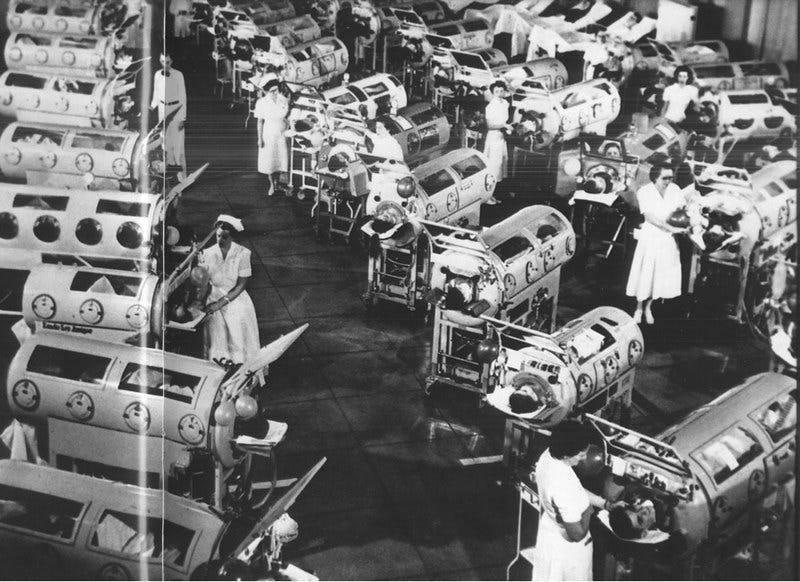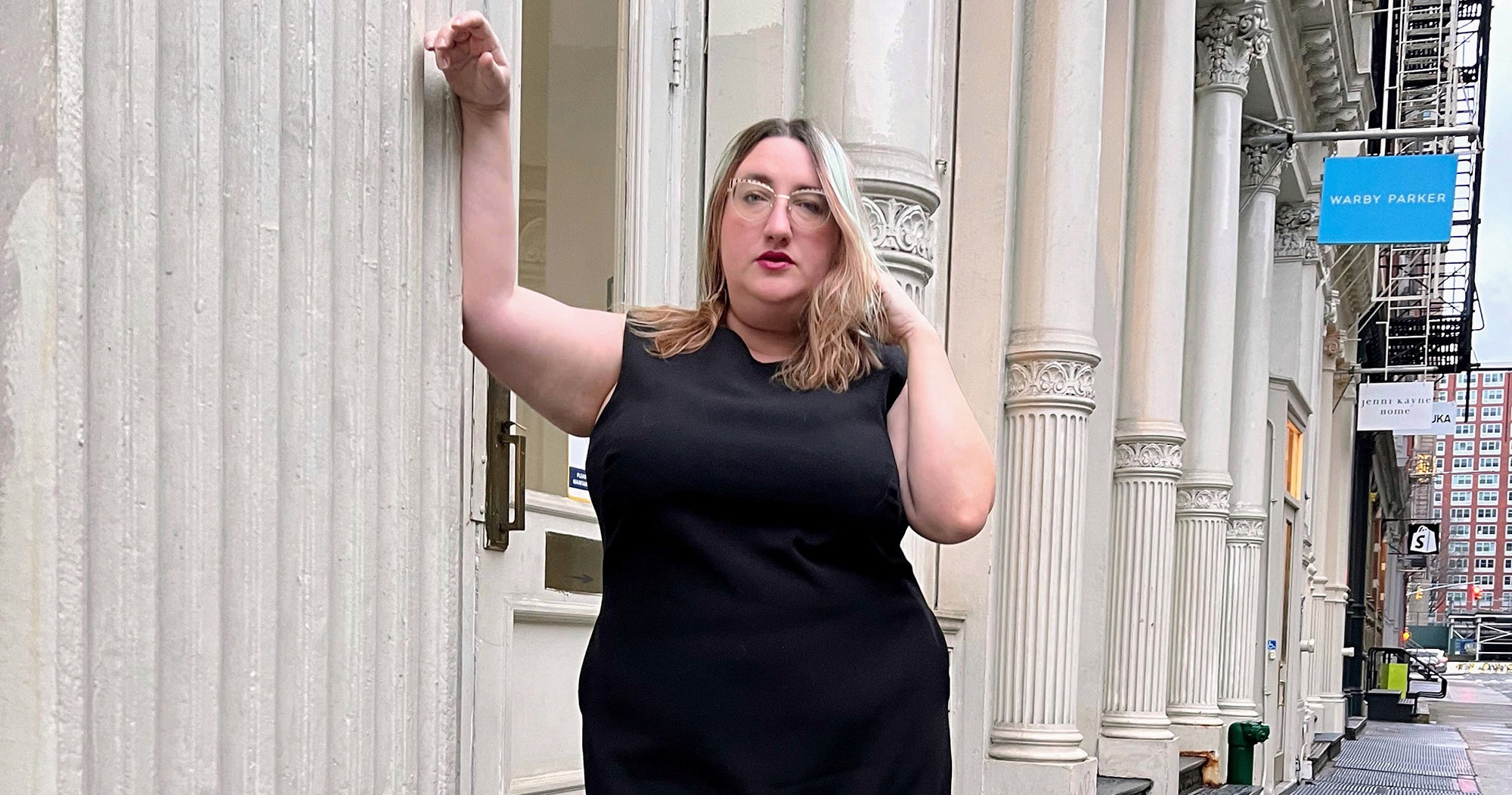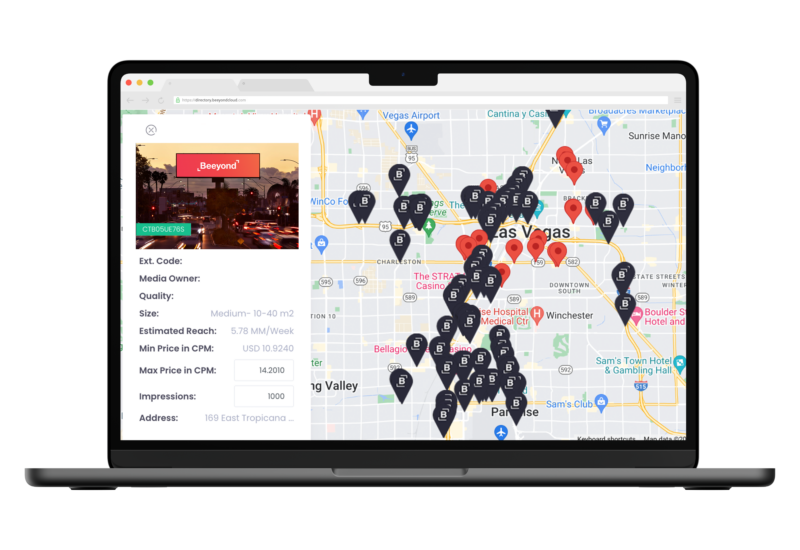Despite the suspect predilections of Generation Z toward driving and the steady dying off of the greatest generations of car enthusiasts, Americans apparently are more concerned than ever about taking care of their automobiles in the aftermarket.
At least, that’s the ongoing bet of Xpel CEO Ryan Pape. The San Antonio-based company has reached annual revenues of more than $300 million and reached a gross margin of 42% in the first quarter by effectively marketing and selling mainly paint-protective film for cars, through a network of independent car-repair shops, detailing services, glass-tinting specialists, conventional auto dealerships, outfits that produce “billboard” marketing wraps for vehicles, and other retailers.
Pape has been expanding Xpel’s menu of products and services into automotive adjacencies such as window tinting, and into other verticals such as home and office windows where tinting films are popular. But in his 14 years as chief, after turning around Xpel from near extinction, Pape has kept the company focused on a particular niche of the aftermarket that keeps paying great dividends.
“Some 75% of buyers of a new car have some pride of ownership associated with the vehicle,” according to research, Pape told Chief Executive, despite industry handwringing about young people being indifferent about obtaining a driver’s license and the fact that the unique automotive enthusiasm of the baby-boomer generation is slipping into history.
“And [damage] to the exterior of the car from rock chips always has been the number one customer-satisfaction issue for car manufacturers; electronics is number two.
The evolution of the U.S. automotive market keeps favoring Xpel for a number of reasons. First, Pape said, paint-protective film applications have been “growing in awareness and attach rates.” And the early adopters who are buying the first electric vehicles tend to be higher-end consumers who more readily want to plop down $2,000 or more to protect the forward parts of the exterior, or more. Also, some automotive OEMs are beginning to install Xpel films at their own factories, including Rivian, the electric-truck startup.
Interestingly, one way that Pape has kept Xpel focused and increasingly successful is by maintaining its heavy emphasis on sales and retailers while farming out manufacturing of its products to contractors. Only now is Xpel considering doing its own production.
Pape joined Xpel in 2004 as a tech specialist and, after leaving, returned as CEO in 2009. Back then, the company focused on creating software that was used to precision-cut paint-protective film to fit different auto-body types. But it was losing money and its stock was nearly worthless.
Pape has turned Xpel around by pivoting the company to producing these films and, even more, focusing on building out and servicing an international network of outlets. Xpel has grown robustly in this market even competing against industrial giants including 3M and Eastman Chemical.

“Our ability to cater to those independents is key to our success. We meet them where they are and provide them the best service they can get with how they run their business, and we don’t try to change it.”
Here are some lessons for other chiefs from Pape’s successful run at the helm of Xpel:
Treat manufacturing strategically. It may seem oxymoronic, but with a product whose manufacturing must be defect-free — because the whole purpose of the product is to prevent visual defects — Pape decided to contract out the manufacturing.
“It really was an early decision to determine to put all of our time and effort into either the [sales] channel, or into scaling manufacturing, and we took the route to put all the effort into the channel,” explained Pape, whose company employs about 950 people. “We couldn’t be too distracted on the other side of the equation.”
Another factor: The world remains awash with excess “roll-to-roll” coating capacity because of the demise of the photo-film and -paper business; it’s the same basic manufacturing technology as for paint-protective films.
However, Pape said, “manufacturing is something that is out there for us, and we continue to evaluate it.”
Seek adjacencies to catapult growth. Xpel has diversified into areas where it can cross-sell and upsell, such as window tinting and providing ceramic coatings for vehicles, as well as selling films to boat owners and homeowners. Household applications range into protecting kitchen countertops and stainless-steel appliances.
“There’s a big cross-sell opportunity because a lot of people who tint their car windows don’t know you can tint your house windows,” Pape said. “And many Xpel dealers actually started in the tinting business. So there are nice tie-ins on the [consumer] side and the dealer side.” Longer-term, “We want to go into other verticals too.”
Cater to customers’ needs. Most of Xpel’s retail customers have only three to 12 employees, so they need all the help they can get in certain areas of the business. Xpel helps out, for example, by sending its retailers leads from the company’s consumer-lead generation engine.
Xpel also has a major operation devoted to training customers’ employees in film application. As small businesses, their growth depends on adding capable workers. “If we can help de-risk that by providing training for new people, that’s a big value-add,” Pape said, noting that Xpel does charge for the service, but it’s a loss-leader.
And Xpel has structured its manufacturing lead times so that it can be very responsive to sudden demands by its customers, who often place orders one day to receive certain films the next.
“We tell them they should order one month a time,” he said, “but the reality is you’ve got to meet them where they are. They’re not going to be changing for you.”
The post Xpel Chief Grows Protective-Film Maker By Focusing On Retailers appeared first on ChiefExecutive.net.




































































